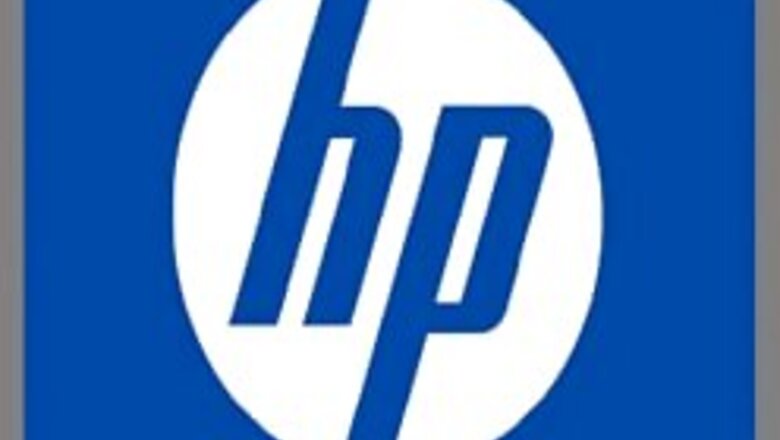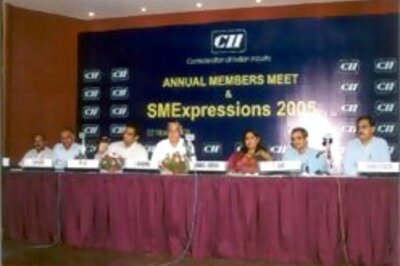
views
New Delhi: HP Chairman Patricia Dunn on Tuesday announced her resignation, effective following the next board meeting on January 18, 2007, apologising for the 'pretexting scandal'.
"The leak investigation conducted by third parities included certain inappropriate techniques. These went beyond what we understood them to be, and I apologise that they were employed," Dunn said.
California Attorney General Bill Lockyer on Tuesday said the scandal is likely to result in indictments.
In an interview, he said that his office has uncovered enough evidence to issue indictments against 'people both within Hewlett-Packard as well as outside'.
The senior management at HP had began the boardroom investigation early in 2005 after if was discovered that someone on the board was passing confidential information to journalists.
Interviews with each board member were conducted by a team of attorneys from outside the company, but the leaks continued.
Dunn then authorised a team of independent electronic security experts to spy on 10 directors of the company.
But what would later unleash a round of boardroom fury was the fact that Dunn had taken the decision without informing the rest of the board.
Not only were the calls and email records from HP itself examined, the calls from the directors’ homes and their private cellphones also came under the scanner.
The corporate turmoil later came to light in documents obtained by Newsweek.
However, the Securities and Exchange Commission is still deciding whether or not to make the documents public.
While speculations were still rife, Dunn refused to comment on the issue. On May 18, at HP headquarters in Palo Alto, California, Dunn claimed she had found the 'leaker'.
According to Tom Perkins, an HP director, Dunn revealed the surveillance scheme and named the offending director, who admitted to being the CNET leaker.
While apologising to his fellow directors, he said: “I would have told you all about this. Why didn’t you just ask?" That director was then asked to leave the boardroom, and he did so, according to Perkins.
That might have been the end of it, except that the investigators used by HP used a number of shady-if not outright illegal-methods to dig up dirt on several board members.
These included pretexting, which consists of getting phone records under false pretenses. Investigators got their hands on call records not only of HP board members, but from journalists who had written stories using the leaked information.
In its SEC filing, HP said it believed that its investigation was legal, although it admitted that in-house counsel 'could not confirm' that the investigative techniques used by those hired to dig up the dirt on the board members were legal.



















Comments
0 comment